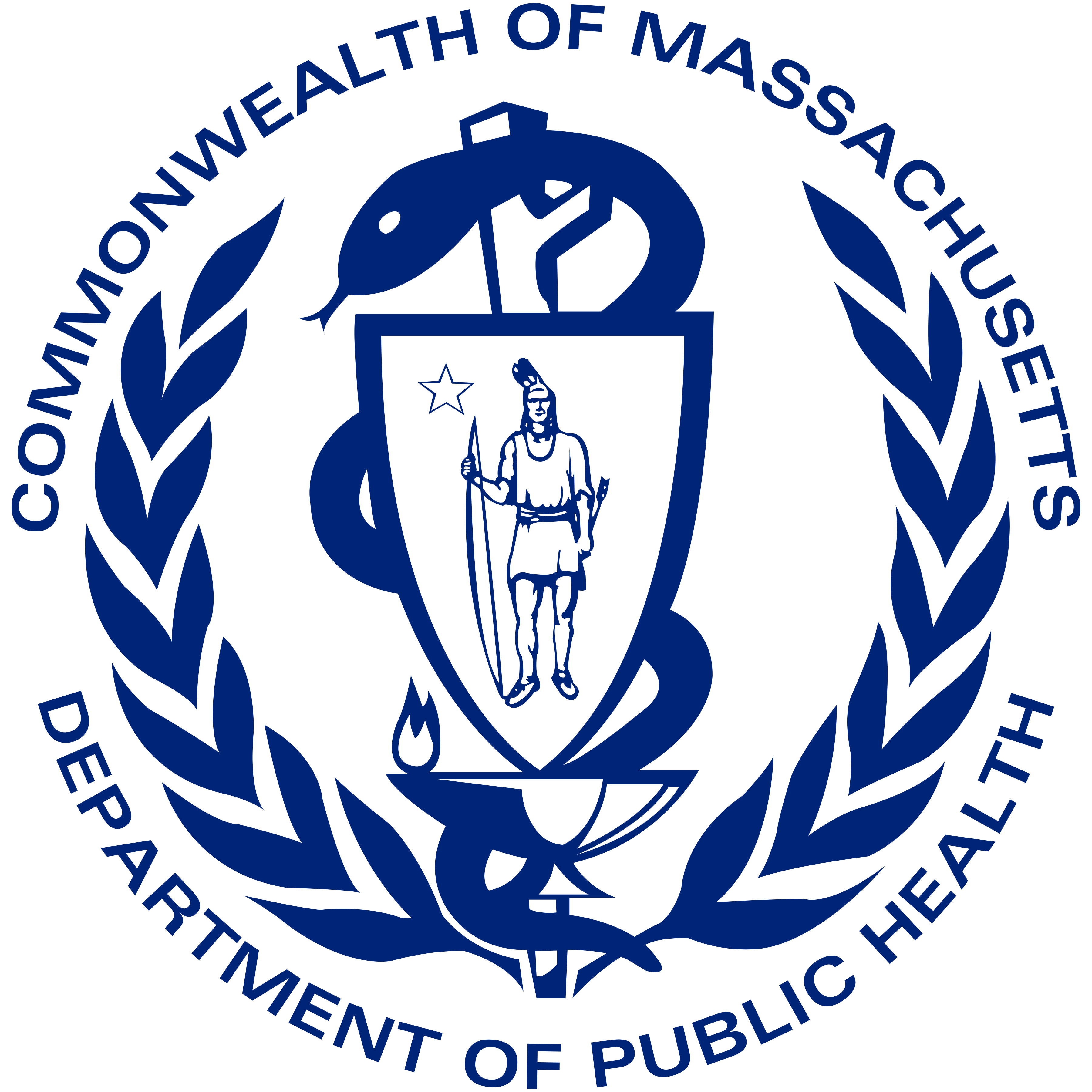- Department of Public Health
Media Contact
Ann Scales, Director of Media Relations
Boston — The Department of Public Health (DPH) today announced it has detected a novel strain of gonorrhea in a Massachusetts resident that showed reduced response to multiple antibiotics and another case with genetic markers that indicate a similar drug response. This is the first time that resistance or reduced response to five classes of antibiotics has been identified in gonorrhea in the United States.
Both cases in Massachusetts were successfully cured with ceftriaxone, the antibiotic currently recommended to treat gonorrhea. To date, no direct connection between the two individuals has been identified.
Gonorrhea is a bacterial sexually transmitted infection. It may present without symptoms, and if left untreated, can result in pelvic inflammatory disease, infertility, and other health problems.
This strain of gonorrhea has been previously seen in Asia-Pacific countries and in the United Kingdom, but not in the US. A genetic marker common to these two Massachusetts residents was also previously seen in a case in Nevada, though that strain retained sensitivity to at least one class of antibiotics. Overall, these cases are an important reminder that strains of gonorrhea in the US are becoming less responsive to a limited arsenal of antibiotics.
The Massachusetts cases were detected by DPH’s State Public Health Laboratory as part of disease surveillance activities. Field epidemiologists in DPH’s Division of Sexually Transmitted Disease Prevention are conducting contact tracing to determine if other individuals have acquired this infection. Working with the US Centers for Disease Control and Prevention (CDC) and local hospitals and health centers, DPH is expanding its testing of gonorrhea specimens for evidence of this strain in other patients.
DPH has issued an alert to clinicians and laboratories to raise awareness of this new strain. The alert recommends increased use of laboratory culture testing for individuals with symptoms of gonorrhea to detect antibiotic resistance and reminds providers of the process for submission of gonorrhea specimens to the State Public Health Laboratory to support DPH’s and CDC’s surveillance of further resistance in this organism. This alert also reinforces the CDC’s recommendation to use high doses of the antibiotic ceftriaxone for the treatment of all gonorrhea cases and to perform follow-up tests to ensure all patients with gonorrhea are successfully treated.
“The discovery of this strain of gonorrhea is a serious public health concern which DPH, the CDC, and other health departments have been vigilant about detecting in the US,” said Public Health Commissioner Margret Cooke. “We urge all sexually active people to be regularly tested for sexually transmitted infections and to consider reducing the number of their sexual partners and increasing their use of condoms when having sex. Clinicians are advised to review the clinical alert and assist with our expanded surveillance efforts.”
Gonorrhea has been increasing in Massachusetts and nationally, adding to concerns about the potential spread of this strain which is more difficult to treat. In Massachusetts, laboratory-confirmed cases of gonorrhea have increased 312% since a low point of 1,976 cases in 2009 to 8,133 in 2021. Nationally, confirmed cases have risen by 131% between 2009 and 2021, with 696,764 cases reported in the US in 2021 according to preliminary data released by the CDC.
###
